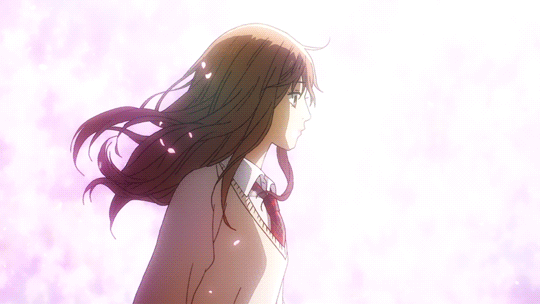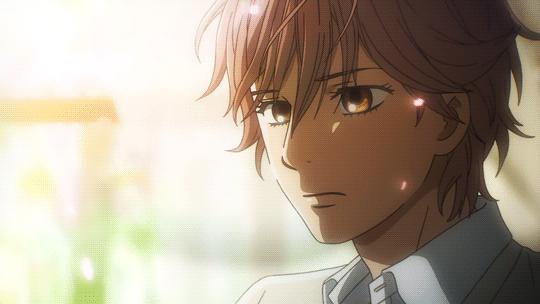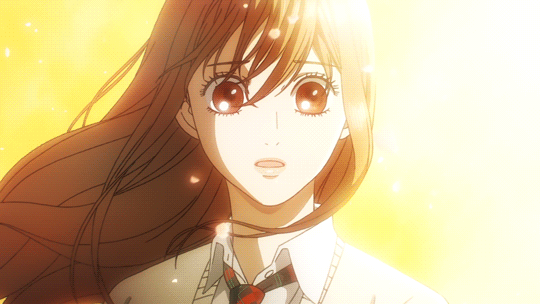Blog (used to be) dedicated for shoujo manga and anime My current main: Haikyuu & Chihayafuru
Don't wanna be here? Send us removal request.
Text
haikyuu quest characters !!
send an ask for a certain team or character art to be posted !!






254 notes
·
View notes
Text
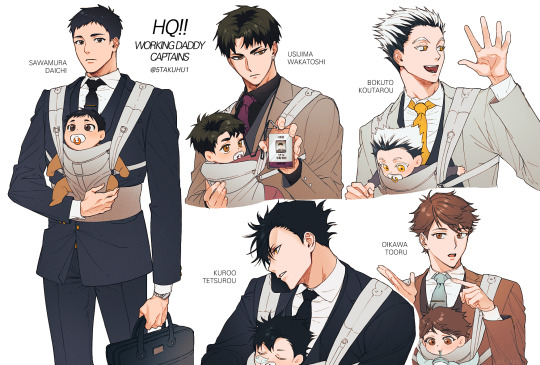
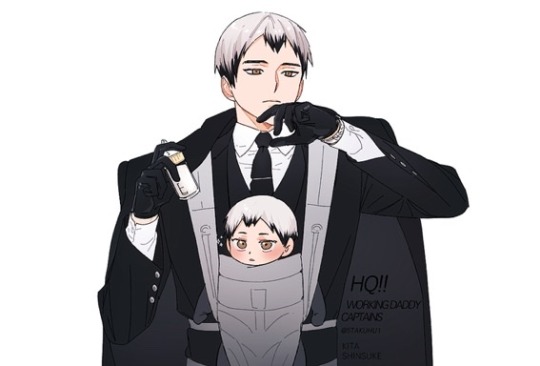
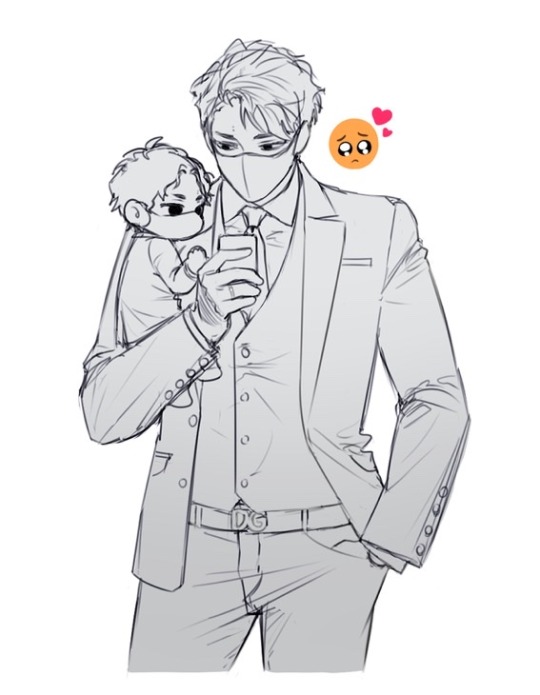
just in case yall dont understand my breeding kink yet 😽 creds to @/5takuhu1 on twt
14K notes
·
View notes
Photo




how I envisioned this scene in the latest episode
14K notes
·
View notes
Text
Hehehehheyyy




"Sybil Romantic Compatibility Rating"
104 notes
·
View notes
Photo






ଘ(੭ˊ꒳ˋ)੭ … psycho-pass headers!
© like or reblog if you save
279 notes
·
View notes
Text









Psycho-pass Icons
Reblog if you save // 🖤 if you like it.
180 notes
·
View notes
Text









psycho pass iconsㅤㅤㅤㅤㅤㅤㅤㅤㅤㅤㅤㅤlike/reblog if you save 。・ω・)っ♡
195 notes
·
View notes
Text
Chihayafuru -An Analysis
Even in the age of swift gods and miracles, I have never seen such burning autumn red as drenches the Tatsuta River.
Impassionate. This is the poem that is Chihaya's. It's been her card ever since she started playing karuta. And I believe that it sums up her feelings for both Arata and Taichi perfectly.
Now before I begin, I just want to say that I have been watching/reading Chihayafuru for 8 years now. And I love it more and more everytime. Like I would do anything for any character in the show, even Retro. Especially Retro.
And I have loved Taichi/Chihaya since the very beginning. From when he was a spoiled, bratty little kid to the thoughtful caring person he's become. And I truly believe that these two will be endgame. And through this poem, let me say why.
Chihaya has called Arata, the karuta god several times. She looks up to him and wants to catch up to him. She wants to be as good as him. Essentially, Chihaya has Arata up on a pedestal. She called him the embodiment of swift near the end of s2. For Chihaya, she really is living in the age of a swift god of karuta.
The Tatsuta River, I believe is the Misuzawa Karuta Club. Her normal life so to speak. And it goes without saying that Taichi is the burning autumn red.
When Taichi skipped the class trip, she was distracted, constantly thinking about him. When Taichi quits the club, the karuata cards turn black for Chihaya. She turns to studying so she can keep her mind of it and him. Studying. The girl who used to be 5th from the bottom because she couldn't care less, chose studying over karuta. Because without Taichi, she lost her passion to keep playing karuta.
Without Taichi, Chihaya loses her spark. She just needs to realize the importance of that autumn red.
91 notes
·
View notes
Photo




how safe do you feel when you fall asleep next to someone you know really well?
379 notes
·
View notes
Text
Chihayafuru 3 season finale reactions and thoughts
I’m currently working on the last part of a series of posts regarding Taichi’s confession in episode 23, BUT I just wanted to write all of this down while it’s all fresh. So just bear with me a little longer. Sorry!! >_<
WARNING: There are definitely spoilers for episode 24 of Chihayafuru 3, so read at your own risk if you have not watched it yourself.
Things definitely felt rushed for the last episode of this season, and honestly, I think everything would have been perfect if they had a few more episodes this season, but oh well. We can’t have everything we want. If they ever do have a fourth season, I have a feeling they will actually go into everything in more detail. They didn’t even really go into detail regarding Chihaya quitting in club and left out a lot before skipping to the part where she just quit the club completely. They left out that entire scene where she asks to leave after her match with Tamaru and didn’t even touch on how terrible Tamaru’s personality is or the tensions it causes within the club itself.


I’m also quite sad that they also left this particular scene out with Sumire.

I was really looking forward to how they would animate her saying those lines, but alas.
I feel like they wanted to leave season three on a more positive note rather than an ominous cliffhanger, which I actually really liked. Honestly, it took them SIX YEARS to animate the third season, so who knows when they will actually get around to doing a fourth season. Even though we have the manga to tide us over, it’s not the same and I would HATE having such a dramatic cliffhanger as the last episode of this season, especially with Taichi’s confession being the second-to-last episode.
While we didn’t get to see all the details of the aftermath between Taichi’s confessions or the powerful scene between Suo and Taichi on the bridge, I think ending it here with Arata’s message was a good way to end this season. In a way, we’ve come full circle. Taichi and Chihaya worked together to become stronger while waiting for Arata to find his way back to karuta. This time it’s Arata’s turn to return the favor and wait for the two of them to find their way again. If anything, it’s a beautiful reminder that no matter who Chihaya chooses in the end, there is an irreplaceable bond between the three of them that becomes a source of strength to all of them, no matter what what happens. And honestly, I think that itself is something rare, precious, and just beautiful.
Chihaya: “As long as we have karuta, we’ll see each other again, won’t we? As long as we keep playing, we’ll see each other again.”










With all of that being said, it will definitely be interesting to see how they try to fit in that entire arc with Tamaru and Suo and Taichi’s moment on the bridge, if they will even do so at all in the next season.
This particular episode itself was so beautiful. I was spellbound and honest to goodness just moved by how amazing the animation, the music, and the voice acting was.
The last episode of the season opens with this stunning animation sequence of the previous episode and it took my breathe away. Poem 48 is pictured in the background while you have Taichi and Chihaya in the foreground.






The music and the voice acting from Miyano Mamoru just pulls at my heartstrings and tears them apart. It’s heartbreaking and just so well done.
“Poem 48: Waves beating against the shore” is one that was written by Minamoto no Shigeyuki and is the title of this last episode. It is a beautiful poem that perfectly captures the theme of this season finale. However, I haven’t really found a translation of it that I feel honestly does it justice.
University of Virginia translates like it as such:
風をいたみ 岩うつ波の おのれのみ くだけて物を おもふ頃かな
Kaze o itami Iwa utsu nami no Onore nomi Kudakete mono o Omou koro kana
Like a driven wave, Dashed by fierce winds on a rock, So am I: alone And crushed upon the shore, Remembering what has been.
Where as Professor Mostow translates it as such:
Waves that beat against the rocks, fanned by a fierce wind— it is I alone
who breaks, those times when I think of her!
The one that Crunchyroll has done is beautiful and is probably the best one in terms of translating the poem so that it makes it easy to understand it’s relevance in this episode.

The scene in which Chihaya realizes she is the rock that Taichi was always crashing upon is such a significant moment. It’s heartbreaking and beautiful in such a tragic way because she realizes how much she has hurt him over the years. She’s matured to the point where she has enough self-awareness to realize what she has done and is emotionally distraught. She’s so distraught to the point that she is breaking down. She has no idea what to do and is no longer able to play karuta. Just looking at the cards is enough to remind her of Taichi’s confession and the aftermath that happened from it. It hurts too much for her to play.


















The girl who LOVES karuta and is passionate to the point that she basically cannot comprehend others not enjoying it as much as she does, can’t play anymore. Just watching these scenes had me tearing up and my heart was breaking seeing how distraught Chihaya was. I know I’ve said it before, but Chihaya is earnestly thinking about someone else for once. This is HUGE for her.
Fukasaku-sensei’s explanation of this poem only further drives the nail in the coffin and just makes my heart break even more. With what little Chihaya has uttered to him in the midst of her breakdown, he understands what she is trying to say.




Yet, what truly brings me to tears is the next part.




Hmm I think I see another reference to spring here? Interesting, huh? (Please see this particular post here to read more about the meaning behind spring).



This particular part of sensei’s speach is poignant because it’s beautiful how karuta is able to not just be a sport that Chihaya is wholeheartedly passionate about, but also a source of comfort or wisdom that can help her understand her own emotions and struggles and has supported her all along. Karuta/the poems have given her the means to articulate her emotions and to me that’s something truly priceless. It’s amazing how karuta is a sport that encompasses athleticism, culture, and literature all in one, allowing athletes to connect with it on a multitude of levels. It’s complex. And for Chihaya to have such a strong connection to the game even in this sense, it’s touching and moving or 感動/kandou.
Kana-chan already has a strong emotional connection to Karuta, so it’s not a surprise that others can make that kind of connection to the sport itself. What makes this particular instance different from Kana-chan’s is the fact that Chihaya’s connection to karuta was mostly one based on the athletic aspect of the sport. Aside from the chihayaburu poem, Chihaya hasn’t really made/had a strong emotional connection to any of the other poems. I feel this is the first instance that demonstrates she’s made a strong emotional connection to the poems in general.
Also, it’s interesting because from this point onward, Chihaya tends to make and understand more references made using the poems, but I digress. Maybe I’ll write a post about those later.
As she’s crying, Chihaya tells Fukasaku-sensei that she can’t play karuta anymore. It’s here that as he hands her a textbook, Fukasaku-seni tells her to:
“Learn something. It doesn’t matter what. Just learn something.”
「学びなさい。何でもいい。学びなさい。」or “Manabinasai. Nandemo ii. Manabinasai.” is a difficult phrase to translate. First, there’s no subject here at all and secondly, he’s speaking in fragments. While I have no qualms with the translation here, I personally wonder if Fukasaku-sensei isn’t telling Chihaya to learn anything in general (i.e. study), but to actually learn something from this incident, despite the fact that he hands her a textbook. It doesn’t matter what she learns from this experience, as long as she learns something.

Switching gears here to talk about something completely different.
While Arata is not the person I hope Chihaya ends up with in the end, I do like his character and in this episode, it’s his character development that I really like. It’s only after the training camp at Fujisaki that Arata truly understands how amazing Taichi and Chihaya are and how impressive it was that they lead Mizusawa to win Nationals in their second year. He’s finally realized that there is personal growth in being able to rely on others and work together as a team. Arata has realized that it’s easier to focus on your own match, since you only have to worry about yourself and your opponent. However, a team match requires a different kind of strength and ability: being able to focus on your own match and your teammates at the same time. He’s growing up and is learning to go outside his comfort zone.
Arata has also realized how much support and help he’s received from others over the years and that it’s time for him to give back. Hence, why it’s such a big deal that he’s reaching out to both Taichi and Chihaya now to help them in their time of need.


While I don’t remember Suetsugu-sensei going into much depth about how Arata is without Taichi and Chihaya around, I get the feeling that Arata doesn’t really interact or communicate much with others. He seems more of an introvert who tends to do his own thing. It’s not that he doesn’t want to interact with others, but more that he’s awkward and isn’t sure what to do. This is apparent when he suddenly realizes that he should be telling the team that he’s glad they went to Fujisaki for the training camp.


掛け声 or kakegoe is what the translators here have translated as “rallying cries” or “vocal encouragement.” It’s a hard term to translate because there isn’t an actual word for it in English. There’s no neat way to translate it. If I were to actually explain the word itself, it is actual a vocal expression that is used to help encourage others in a difficult situation or to help keep time just the same way we use “Heave ho” when carrying heavy objects with more than one person. Kakegoe can also be used in dance and is often used in yosakoi to help dancers communicate with each other during a performance and to help build a sense of camaraderie/support during difficult parts of a piece. Yosakoi is a traditional Japanese dance that is typically performed by large teams with members including men and women of all ages, as well as children.





He’s learning to become a leader and that’s huge character development for him.
The scenes where Arata has his inner monologue with himself in the car are really poignant and the spacing here is done beautifully. It’s something that the manga can’t achieve and can only be done in the anime. I absolutely love how humor still manages to fit into such a serious scene. :3
Not to mention the animation in this particular scene is beautiful and I hope someone makes a gif of it.




All in all, I am really happy with the season finale of Chihayafuru 3 and really hope that Madhouse is able to animate a season four. I am really looking forward to season four. Please let me know your thoughts. :)
26 notes
·
View notes
